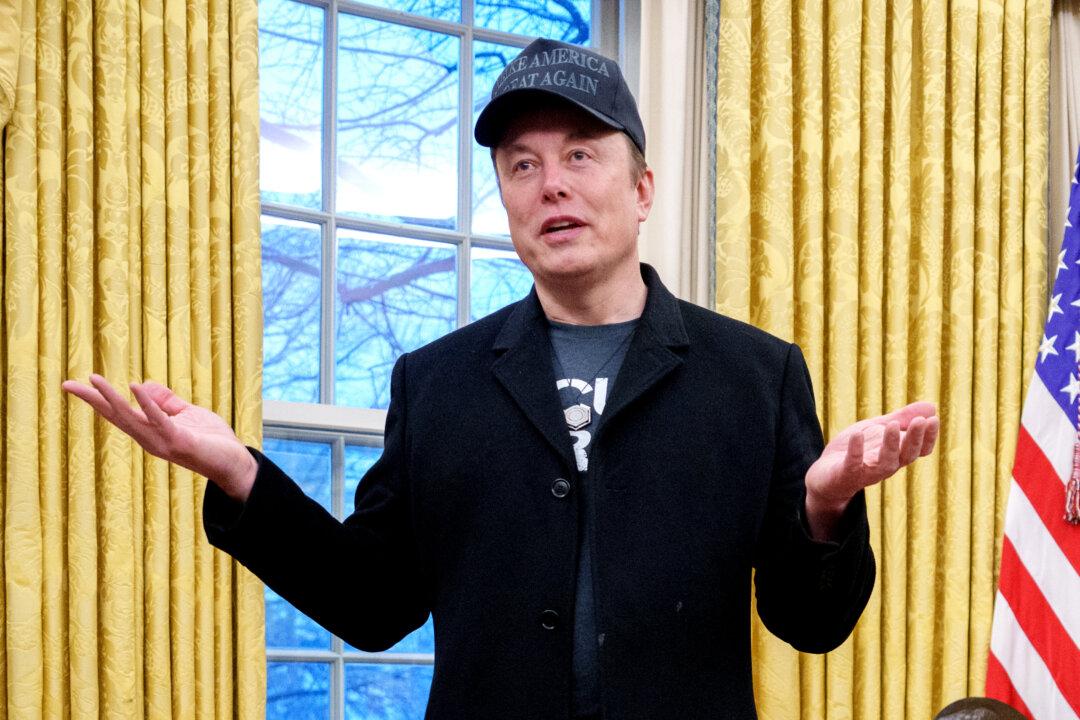The Department of Government Efficiency, or DOGE, led by SpaceX CEO Elon Musk, said its cost-cutting efforts across several federal agencies have saved an estimated $55 billion as of Feb. 17.
The savings came from a combination of fraud deletion, contract and lease cancellations and renegotiations, asset sales, grant cancellations, workforce reductions, programmatic changes, and regulatory savings implemented across federal agencies, according to DOGE’s website.





